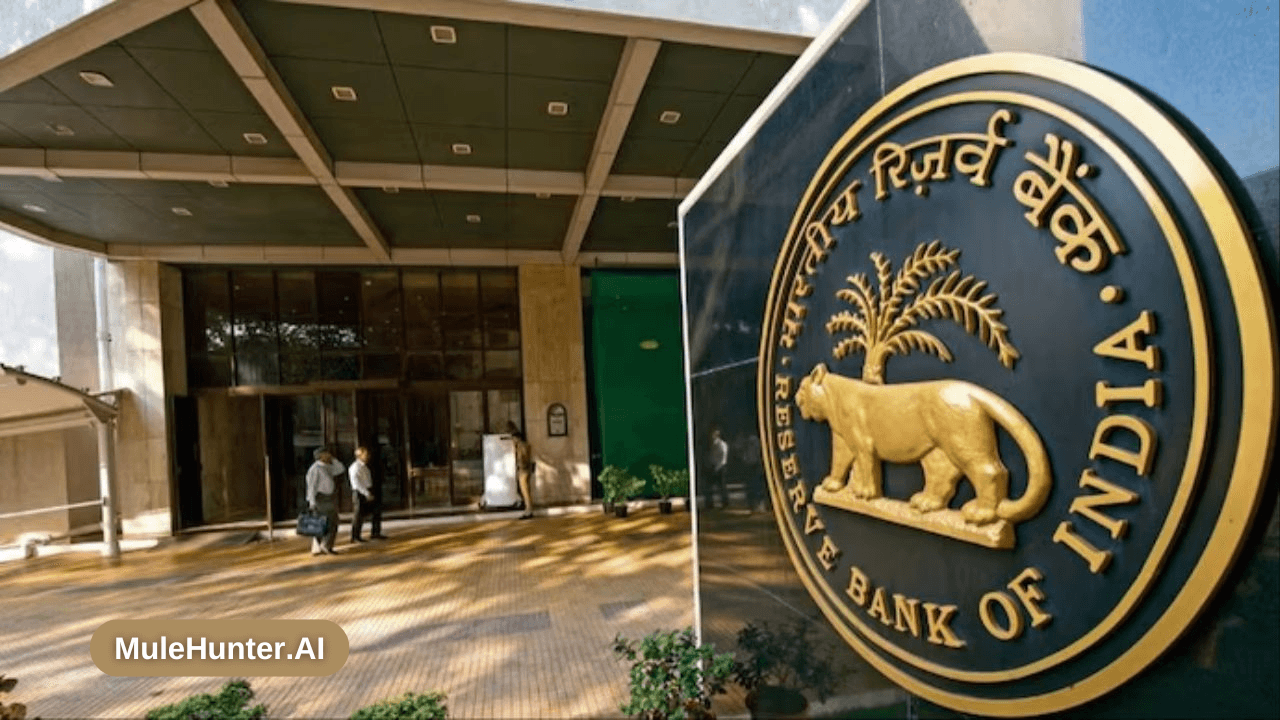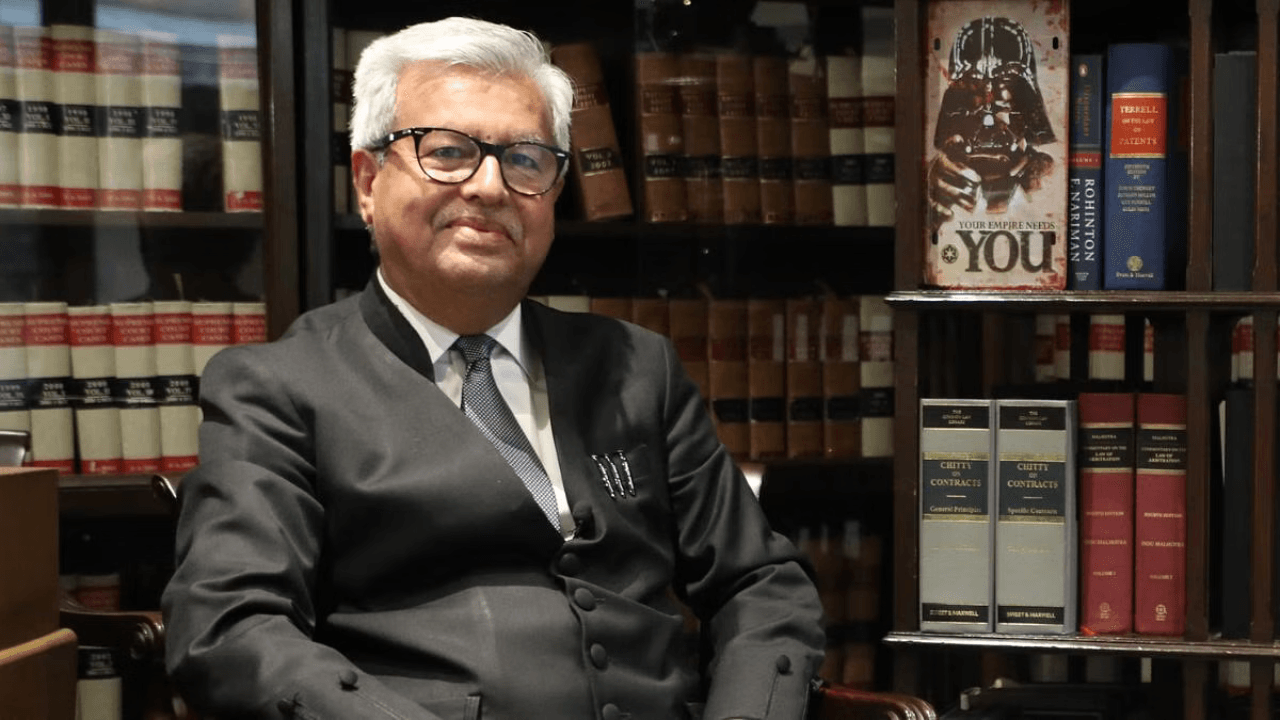The Department of Telecom (DoT) has directed telecom operators to cease USSD-based call forwarding from April 15 onwards, advising them to provide the service through alternative channels.
USSD, a functionality allowing users to access services by dialing specific codes, like checking IMEI numbers or prepaid balances, will cease to support call forwarding after the specified date.
Discontinuation of USSD-Based Call Forwarding Services
The decision is being implemented as a precautionary step to combat fraudulent activities and online crimes conducted through mobile phones. In a notification dated March 28, the Department of Telecommunications (DoT) emphasized the misuse of USSD-based call forwarding, particularly the *401# service for unconditional call forwarding.
In order to tackle this issue, all licensees are required to halt USSD-based call forwarding services by April 15, 2024, until further notice. Subscribers who are presently utilizing this service are advised to transition to alternative methods for activating call forwarding following the mentioned date.
Escalating Cybercrimes Exploiting USSD-Based Call Forwarding
Instances of cybercrimes leveraging USSD-based call forwarding have surged, leading to government intervention.
Perpetrators impersonate customer service agents or technical support staff from telecom companies, tricking users into dialing *401# followed by a mobile number under the guise of resolving network issues. Unknowingly, this action activates call forwarding to the fraudster’s number.
Government’s Initiative to Combat Cyber Threats
In January, the Department of Telecommunications cautioned users against responding to suspicious calls that prompt them to dial *401# followed by an unfamiliar number.
Moreover, on March 29, the Ministry of Communications issued warnings about impersonation scams involving calls allegedly from the DoT and WhatsApp calls from international numbers impersonating government officials.
To effectively combat cybercrime, citizens are urged to report any fraudulent communications through the ‘Chakshu-Report Suspected Fraud Communications’ feature on the Sanchar Saathi portal.
Furthermore, victims of cybercrime or financial fraud are encouraged to seek assistance via the cybercrime helpline number 1930 or the cybercrime website.
In conclusion, the government’s decision to halt USSD-based call forwarding underscores its dedication to protecting citizens from evolving cyber threats.












